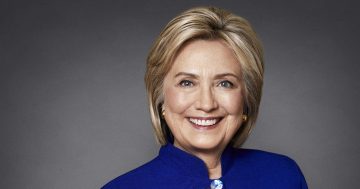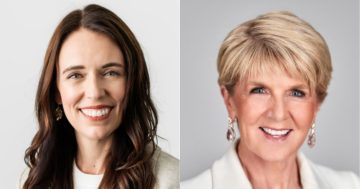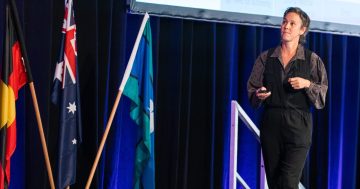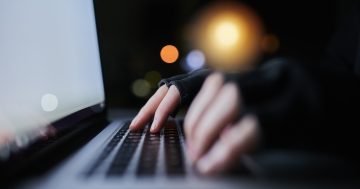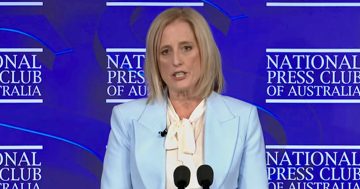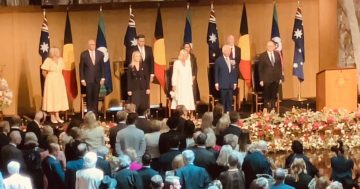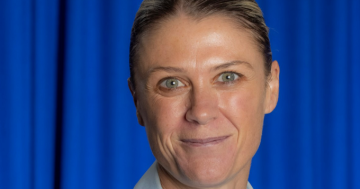Michelle King* says Julia Gillard is no stranger to gender discrimination and is determined to tackle inequality head on.
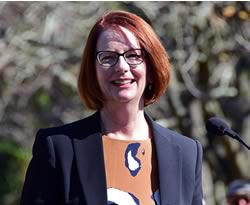 Julia Gillard (pictured), Australia’s first female Prime Minister and the Chair of King’s College’s Global Institute for Women’s Leadership, is determined to tackle gender inequality head on, after having experienced a significant amount of sexism throughout her political career.
Julia Gillard (pictured), Australia’s first female Prime Minister and the Chair of King’s College’s Global Institute for Women’s Leadership, is determined to tackle gender inequality head on, after having experienced a significant amount of sexism throughout her political career.
“I became the first female Deputy Prime Minister and then the first female Prime Minister of Australia and as a result of my experiences in both of those leadership positions, I became intrigued about women and leadership,” Gillard says.
“And why it’s still hard to get women through to leadership in all walks of life.”
Gillard first became active in political causes when she was at university, some of which included a focus on gender equality.
After a controversial career in politics, Gillard joined the Global Institute for Women’s Leadership at King’s College in London to better understand and tackle the challenges women face in leadership.
“We’re a research institute,” Gillard says.
“We really want to deepen the evidence base about what promotes women’s leadership and its fair evaluation.”
“Whilst it feels like we’ve been talking about this forever, actually when you search the global research, the evidence about what works is much thinner than we would like.”
Gillard is no stranger to gender discrimination, having endured her fair share of sexist comments during her time as Prime Minister.
In October 2012, she delivered a world-famous speech to then Opposition Leader, Tony Abbott, in reaction to alleged sexism she had endured.
“So, on the speech, which is now known as the ‘misogyny speech’ … it was given off the cuff,” Gillard says.
“I think it’s in part, that immediacy and rawness that has attracted people to it.”
“I also think it was a time when we weren’t using the misogyny word much.”
“So, for people to hear a very direct allegation of misogyny sort of took them aback.”
Gillard believes that speech resonated with so many women because it is what they would have liked to say themselves in response to the sexism they have experienced.
“I think that speech helps deal with those frustrations and unlock a little sense of power,” Gillard says.
“It is possible to stand up and name and shame sexism and misogyny.”
However, sexism isn’t an issue that women need to solve, as Gillard argues it is up to all leaders and organisations to take gender equality seriously.
“This isn’t feel-good, it’s not one day of the year where you have a women’s leadership program or some event,” she says.
“It’s core business, every day.”
“Leaders should be measured and held accountable — including in terms of their remuneration — for getting the job done.”
At the same time as pursing this work, Gillard has continued her focus on educational equality, serving as a patron to the Campaign for Female Education (CAMFED), an international non-profit organisation tackling poverty and access to education.
“Largely because of poverty, my parents didn’t get to finish secondary school,” she says.
“Education equality has always been a cause close to my heart.”
“When we look at our world today, where 260 million children are out of school, the child most likely to be marginalised and left behind is a female.”
This year CAMFED celebrated its twenty-fifth birthday, having supported over three million children with access to education.
“I was just so enthused to see something that had that ability to give back and which was really supporting women not only to get an education, but to be truly empowered and to think of themselves as leaders,” Gillard says.
Reflecting on her experience as a leader, Gillard says her advice for women wanting to advance is to maintain their sense of self.
“We let other people take it [our sense of self] hostage and how good or bad we feel ourselves depends on how we think others are seeing us,” she says.
“And it’s everything from what we’re wearing to the most recent work we have done.”
“I think it’s very important to have a sense of self that is stronger than that.”
“I am still the same Julia Gillard whether the headlines are good or bad.”
* Michelle King is a contributor to Forbes Women, a writer and host of The Fix podcast. She tweets at @michpking and her website is michellepking.com/thefix.
This article first appeared at www.forbes.com.



